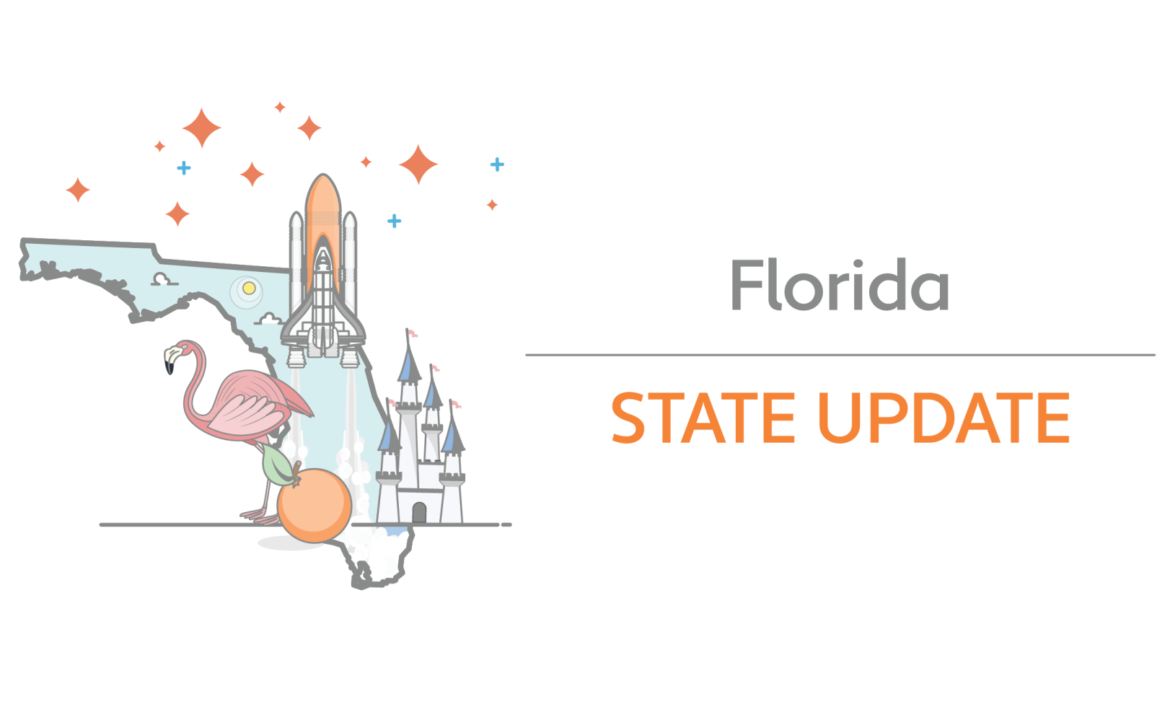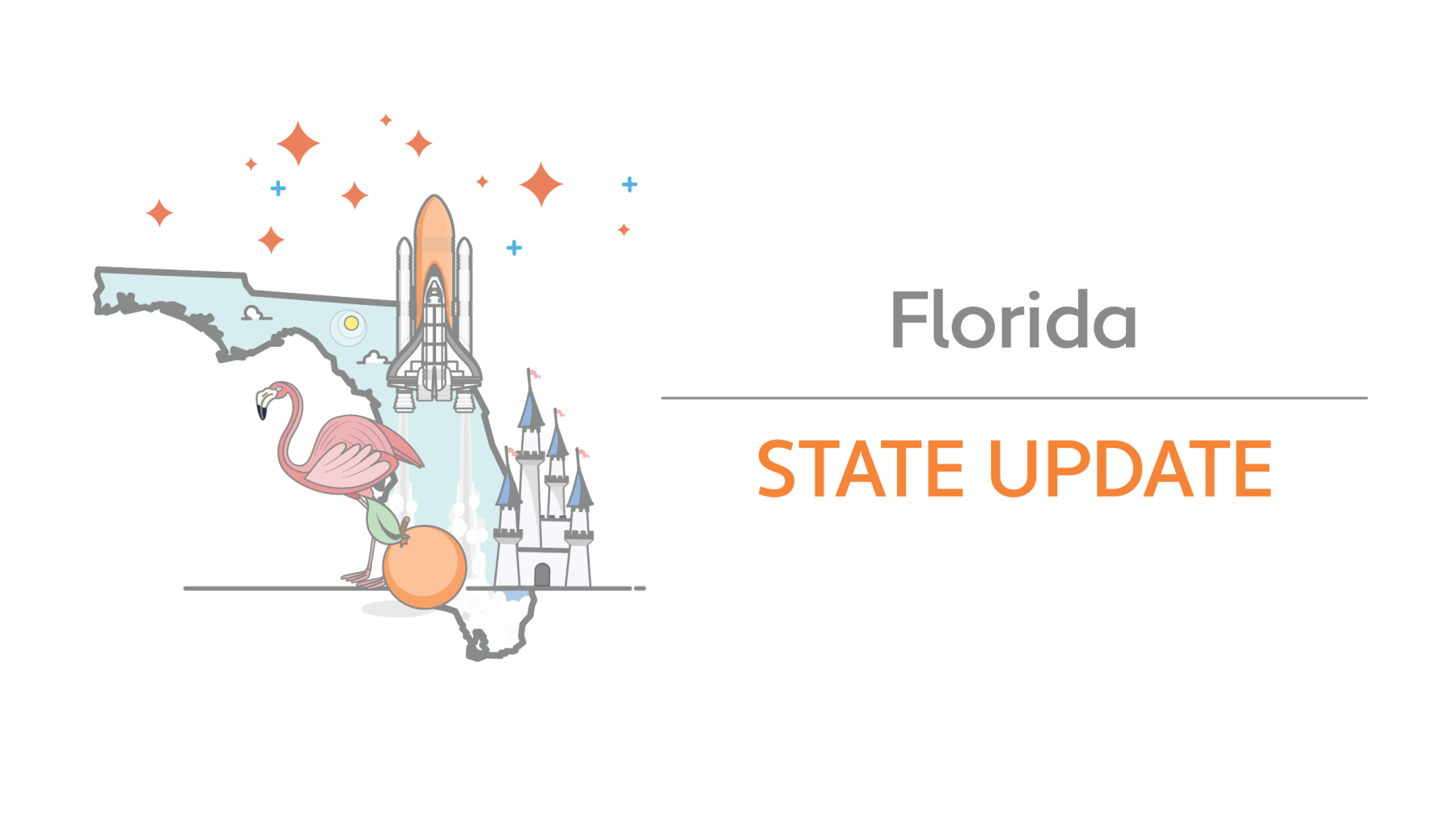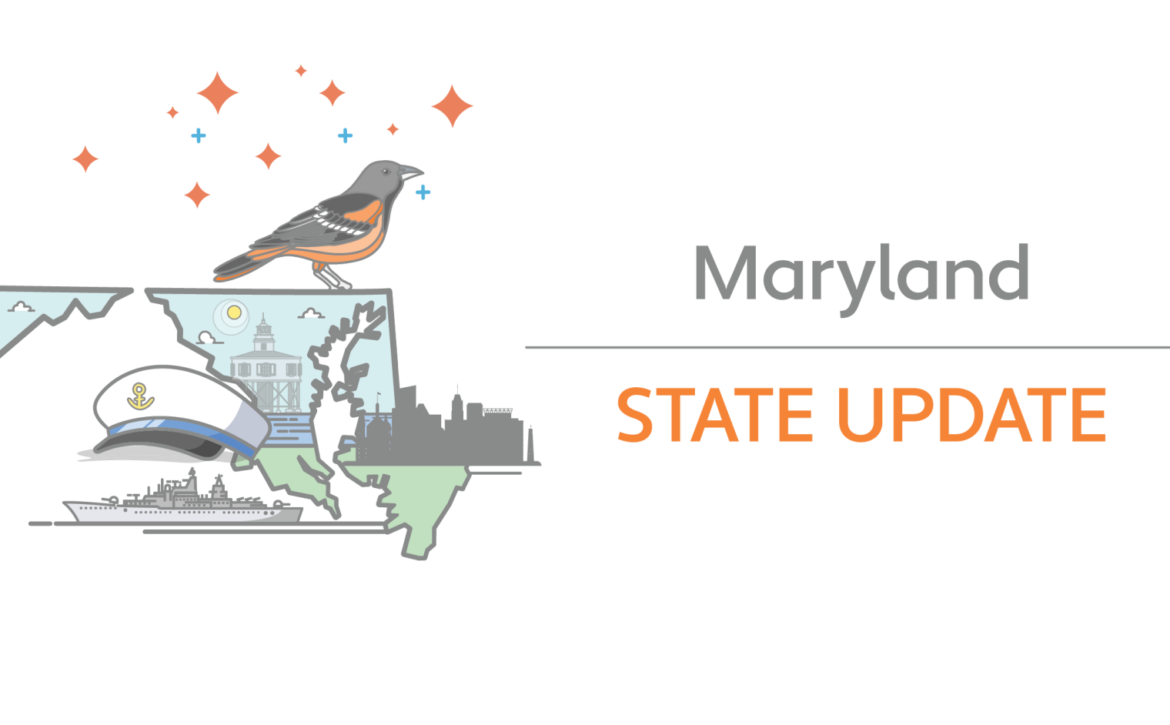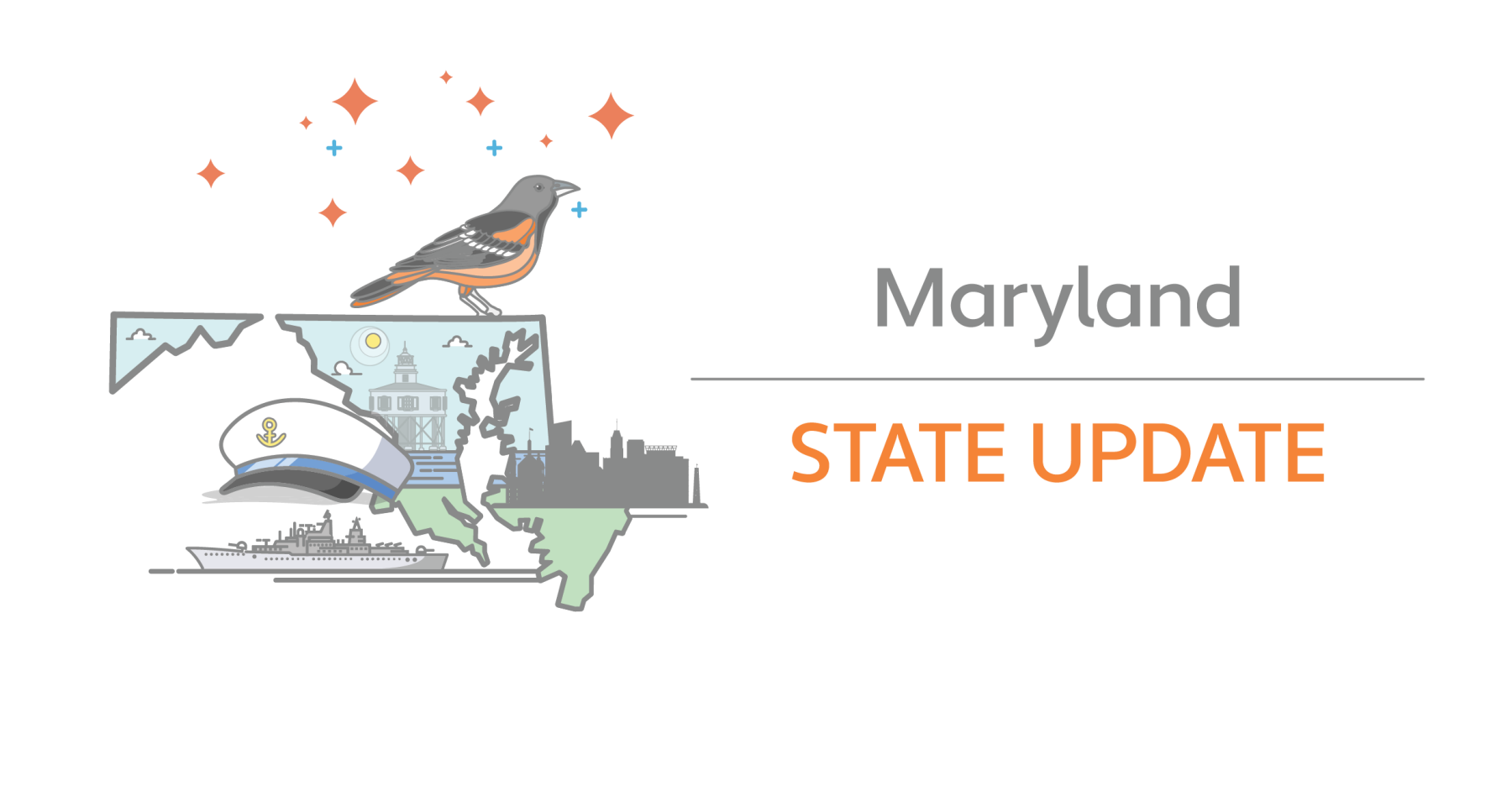How taxing could be less stressing?
How to Overcome Sales Tax Compliance Pressures
Regardless of the industry in which your clients operate, sales and use tax compliance is a complicated, complex and time-consuming process. Small- to medium-sized businesses (SMBs) especially feel the increasing sales tax pressures, as they often must balance those responsibilities along with other primary job functions.
But how can organizations overcome sales and use tax pressure? What must be done to find the right balance, ensuring that sales tax requirements are met but also that core business objectives are not overlooked? Here are key ways that you can ensure your clients can effectively face sales tax compliance challenges.
Create manageable processes with automated sales tax solutions
Sovos surveyed 250 individuals who have responsibility for sales tax compliance/management/administration at their organization, with 80% of respondents working at companies earning less than $10 million or between $10 million and $25 million in annual revenue.
Eighty-three percent of those surveyed said automating their organization’s tax management process would make them happier in their current role, and they would be more likely to stay with the company. However, just under two-thirds (62%) of respondents said their business adopted new technology or systems in the past two to three years to meet evolving sales and use tax requirements.
Manual processes might have been “how it’s been done,” but that doesn’t mean that it’s going to be enough for the continued complexity of sales tax. Economic nexus changes, expansion of e-commerce options and overall business growth can lead to long hours spent filing manually at the end of each month. Additionally, there can be limitations of tax calculation (e.g., jurisdictional granularity, customer/product taxability) through your ERP, accounting platform or e-commerce channel (e.g., NetSuite, QuickBooks Online, Shopify).
An automated sales tax solution can meet current business needs and be capable of scaling as necessary to handle future growth.
Understand and prepare for audit liability and risk
The Sovos survey also found that eight out of 10 respondents said that either triggering an audit or facing a financial penalty was their biggest fear if a mistake was made when remitting sales tax. Eighteen percent also said they worried about a manager losing confidence in them or even getting fired should they make a mistake.
Audit liability can stem from numerous areas. This can include improper tax calculation, such as misclassifying a candy bar as candy when it should be classified as food for a particular jurisdiction. Incorrect filing remittance (e.g., under or over-reporting), data transfer and reconciliation issues, and historical inaccuracies can also create a liability risk for businesses. For example, do you have a record dating back to all transactions, and what the tax was when you filed previously? Historically, a single source of record can help when an audit wants to look back three years. Additionally, jurisdictions can audit back up to six or seven years if an organization failed to submit sales tax returns.
This is why sales tax compliance is key. Your clients must understand sales tax calculation and filing requirements. For sales tax calculation, there are constant regulatory changes across jurisdictional levels and there can be a lack of granularity into local jurisdictions. There are also exempt sales to consider, along with sales tax holidays.
Sales tax filing requirements will involve constantly changing state and local tax forms, as well as complexities like negative returns and credits on hold. Businesses should also ensure accuracy in reporting, their historical accuracy and that overall visibility into the filing process is understood.
Find scalable options that continuously meet growing complexities
Sovos found that 35% of respondents said the growing complexity of sales tax distracts from core business priorities. Over half reported that their organization saw a strain on IT and other resources, with 13% noting a stressful workplace and even employee churn.
Your clients need to consider tax as early as possible to better understand how their business growth correlates with sales tax complexities. This includes expanding into new states and jurisdictions with unique tax rates and exemptions on certain products or for particular industries. If they don’t have the in-house resources to keep up with that rapid change, it can be a daunting undertaking and lead to greater audit liability.
The filing process itself can also be more complex as businesses grow or add more products. New states and jurisdictions will have different forms, with their own filing deadlines. Do your clients have a system to keep track of those form updates? Even the reporting and submission process (e.g., online v. paper mailed in) could be different.
The expansion or creation of an online marketplace can also have an impact. This is especially true with retailers that are working to keep pace with digital-only sellers. You might be based in one state, but if you’re selling online into another, there are going to be economic nexus considerations.
Sales tax pressures are not likely to disappear anytime soon, but there are necessary steps to ease the burden. Ensure your clients are properly leveraging their ERP or accounting platform for basic tax rates and rules for simple tax calculation. Additionally, implementing a third-party tax provider can provide greater protection and help automate their tax processes. Check out with our experts to learn more about increasing efficiency in your approach to sales tax.














